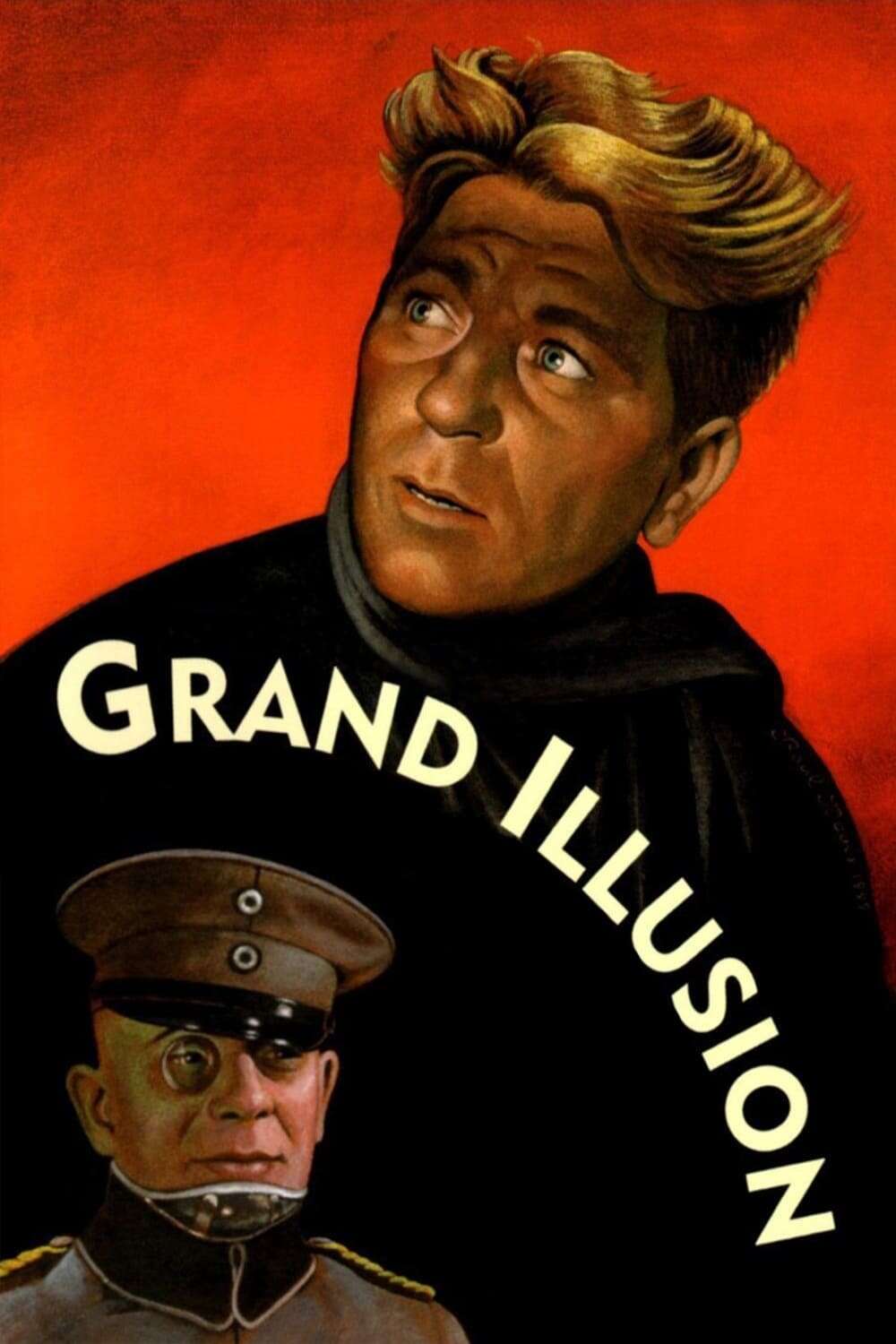This film was Jean Renoir's first warning of the coming storm that was getting ready to be unleashed on the world (World War II). The film is about French prisoners of way being held (along with other Allied soldiers) during the First World War before the entry of the United States into the conflict. It details specifically a group of prisoners trying to escape. What the movie really does is capture Europe in transition between the old class-hierarchy of the 19th century and the new (and more nationally-motivated) class-structure of the 20th century (though even that had its beginning in the 19th century). While high-ranking officer POWs were treated almost like guest than enemy combatants, officers who were non-aristocrats or not as highly-ranked could expect no special treatment—though some are treated nicer by German guards who come from the same social-rank.
While Renoir thought of WWI as "almost a gentlemen's war" and is very idealistic hopeful in this film overall, ho does not shy away from showing the class-stratification and casual bigotry of the soldiers. This is obvious in the treatment of the Jewish-French soldier Rosenthal who despite being from the French aristocracy, is still treated with casual antisemitism (one has to remember that WWI was barely a generation removed from the Dreyfus Affair (said Alfred Dreyfus would serve as an officer during the whole of WWI)). The treatment of the Colonial African-French officer is possibly worse as most of the other characters actively ignore him when he tries to talk to them. For all the talk of brotherhood by the prisoners, some barriers just ain't getting torn down.
Jean Gabin does a great job in this movie to show why he was the white 1930s French equivalent of Denzel Washington and his character is every bit the hardness of the early 20th century as Eric von Stroheim's Prussian officer antagonist is of the 19th century and the old European aristocracy. While von Stroheim's politics were closer to Renoir's, the way he plays the head commander of the POW camps is an early proto-type of Christoph Waltz's character in Inglorious Bastards. The film's climax serves to emphasize the end of the prewar world and the beginning of the European interregnum. Many of the hopes that the soldiers had for peace would only last for 15 to 20 years.
"War is a great illusion whose hopes are unfulfilled and promises never kept."

No comments:
Post a Comment